Projet mondial | Échanges de connaissances | Comité de pilotage | Résolution des différends
Projet mondial du DGM
Projet mondial d’apprentissage et d’échange des connaissances
Document de programme
Financement original: 5,0 millions USD
Approbation de la Banque mondiale : Mars 2015
Approbation du Programme d’investissement forestier : Juin 2015
Mise en œuvre : Avril 2015 – Juin 2020
Expansion: 3,0 millions USD
Alloué: October 2015
Comité de pilotage international : Liste
Agence d’exécution internationale : Conservation International
Fonds d’investissements climatiques | Banque mondiale
Facebook | Twitter | YouTube
Objectif : Organiser et faciliter l'échange de connaissances et d’enseignements et le renforcement des capacités des peuples autochtones et des communautés locales (PAPL) aux niveaux régional et mondial et renforcer les réseaux et les alliances d’organisations de PAPL dans et entre les régions en vue d'améliorer leur représentation et leur pouvoir dans les forums stratégiques régionaux et internationaux.
Échange de connaissances
Chaque année, le Projet mondial du DGM organise trois échanges régionaux et un échange mondial qui rassemblent des représentants des peuples autochtones et des communautés locales de différentes origines et leur permettent de partager leurs connaissances, de développer des compétences essentielles et de créer des liens avec des organisations et des réseaux pertinents afin de renforcer leur rôle dans l'action climatique et la gestion durable des forêts. Au cours de ses deux premières années d’échanges, le Projet mondial du DGM a réuni près de 200 dirigeants de PAPL de 36 pays, représentant plus de 100 organisations et réseaux pertinents.
Participation à l’élaboration des politiques
Le Projet mondial du DGM soutient également la participation des peuples autochtones et des communautés locales aux principales instances politiques internationales. Chaque année, l'échange mondial du projet a été organisé immédiatement avant la Conférence des Parties (COP) de la Convention-cadre des Nations Unies sur les changements climatiques (CCNUCC). Il s’agit d’une occasion importante pour faire entendre la voix des PAPL, et les participants du DGM ont joué un rôle influent dans plusieurs négociations, notamment celles concernant la Plate-forme des populations locales et des peuples autochtones de la CCNUCC.
Coordination du suivi et de l'établissement de rapports
Au-delà de son travail d’appui direct aux peuples autochtones et aux communautés locales, le Projet mondial du DGM assure également la coordination et le soutien des projets nationaux du DGM. Cela comprend l’appui aux nouveaux projets nationaux lorsqu'ils créent leurs comités de pilotage nationaux et démarrent leur mise en œuvre. Le Projet mondial du DGM coordonne également le suivi, l'établissement de rapports et les communications avec les projets nationaux existants du DGM afin de démontrer les progrès et les réalisations du programme dans son ensemble.
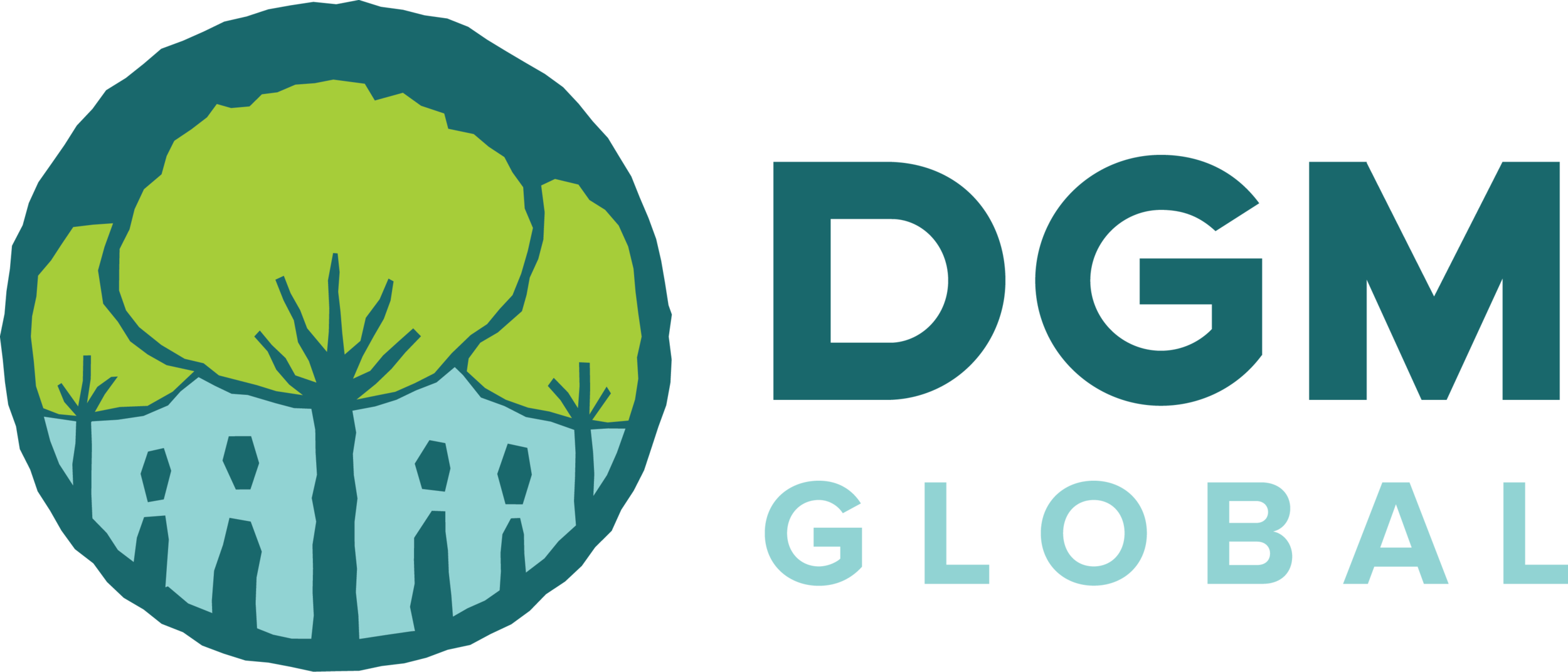

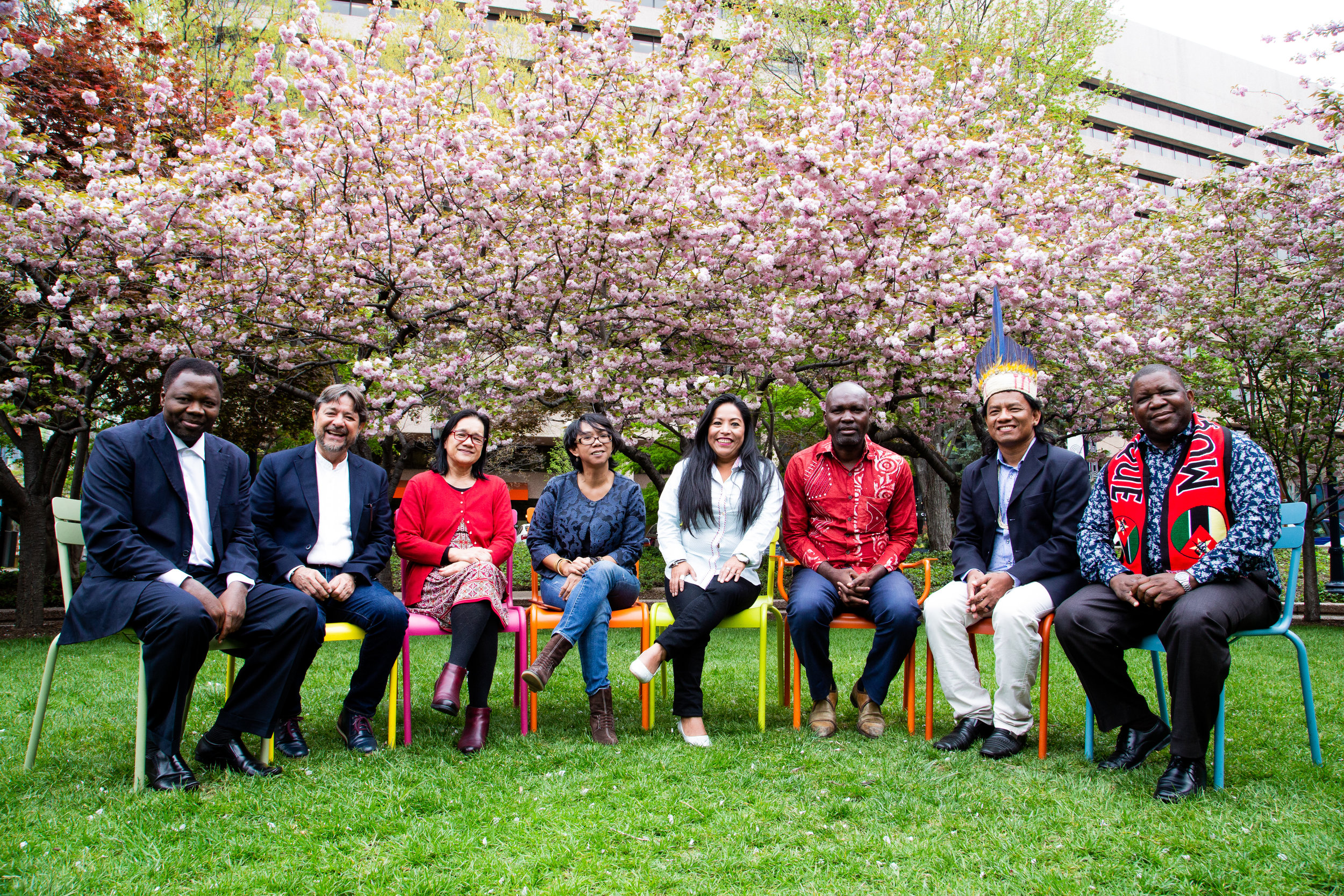


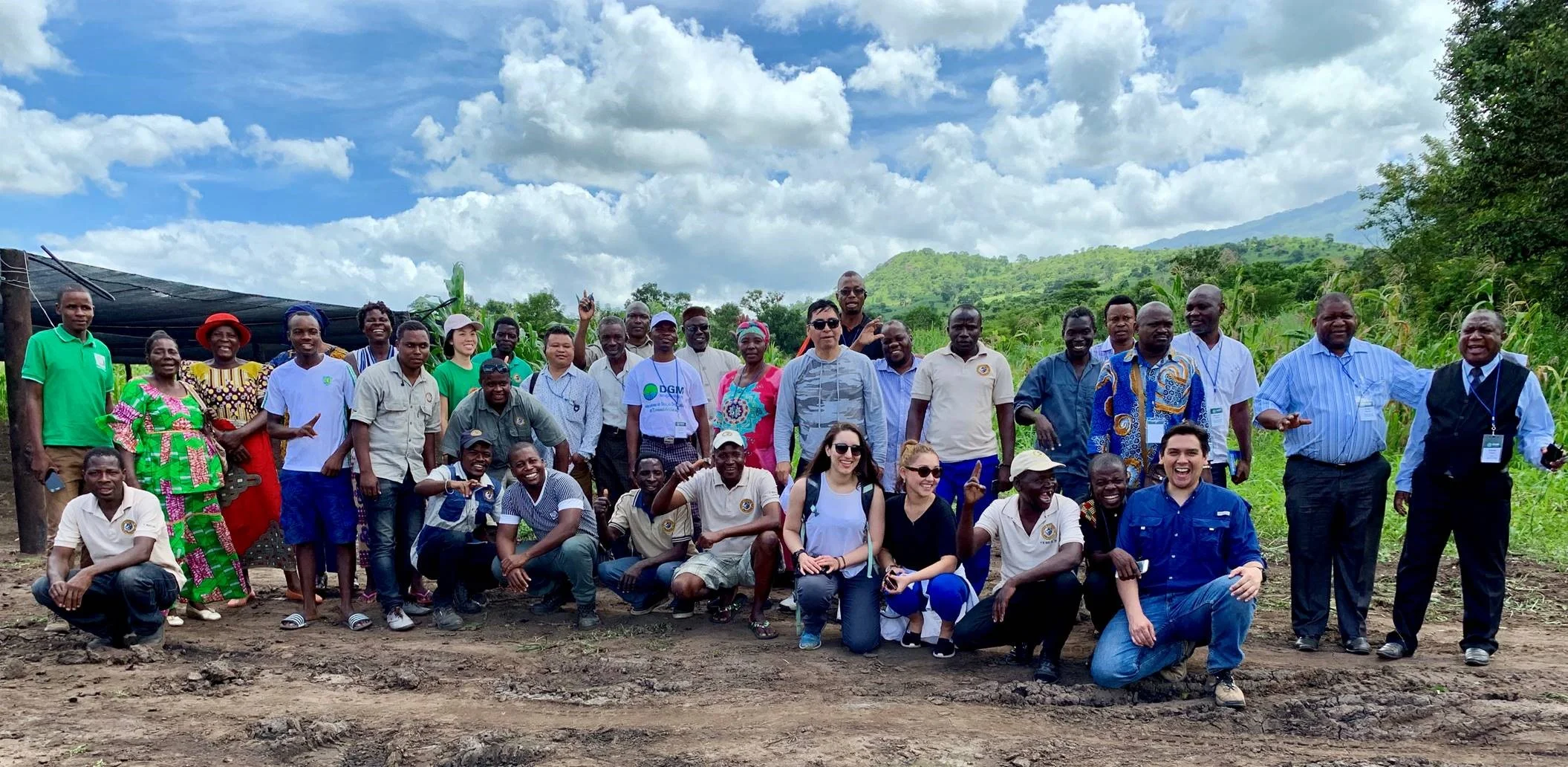
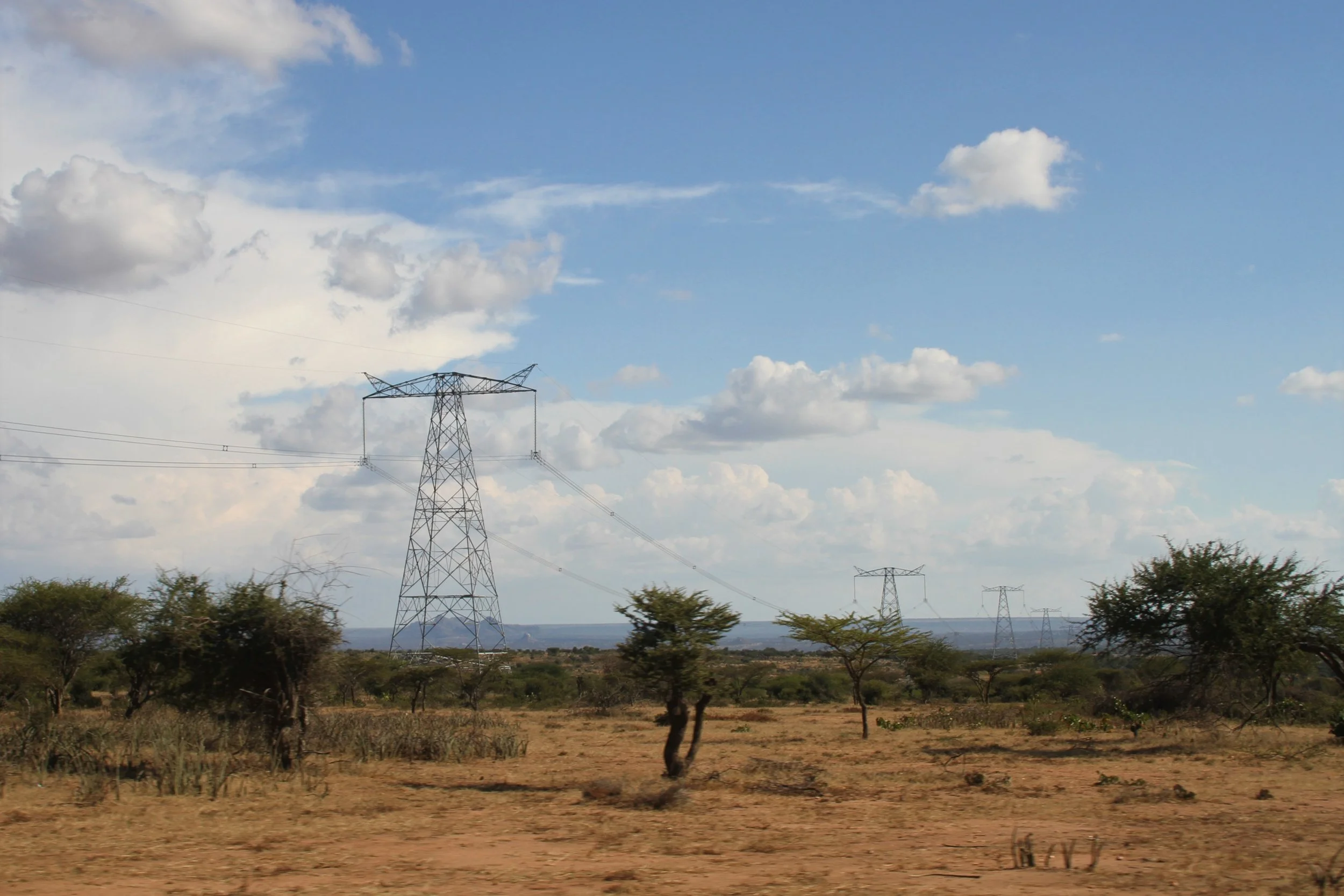









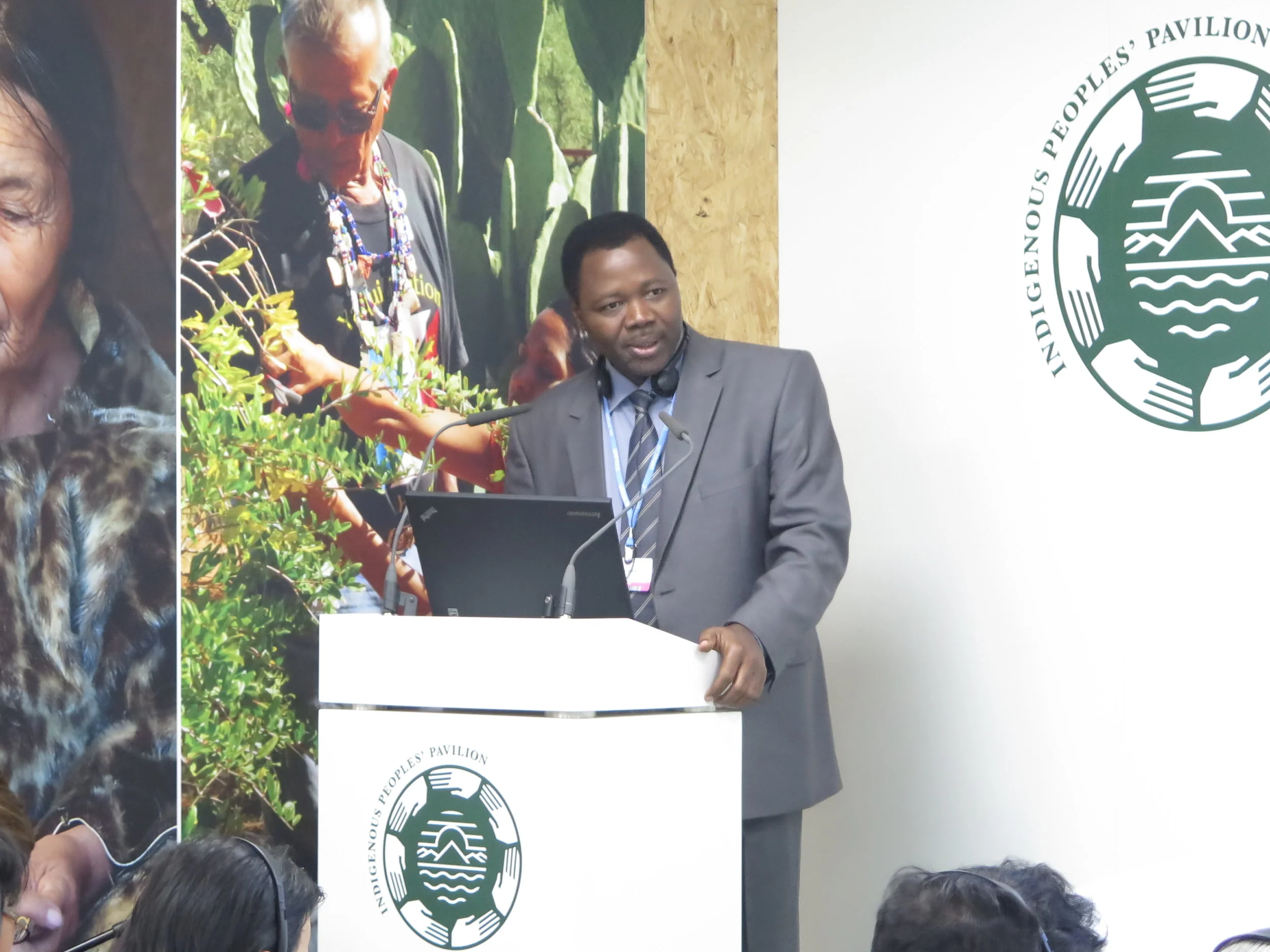


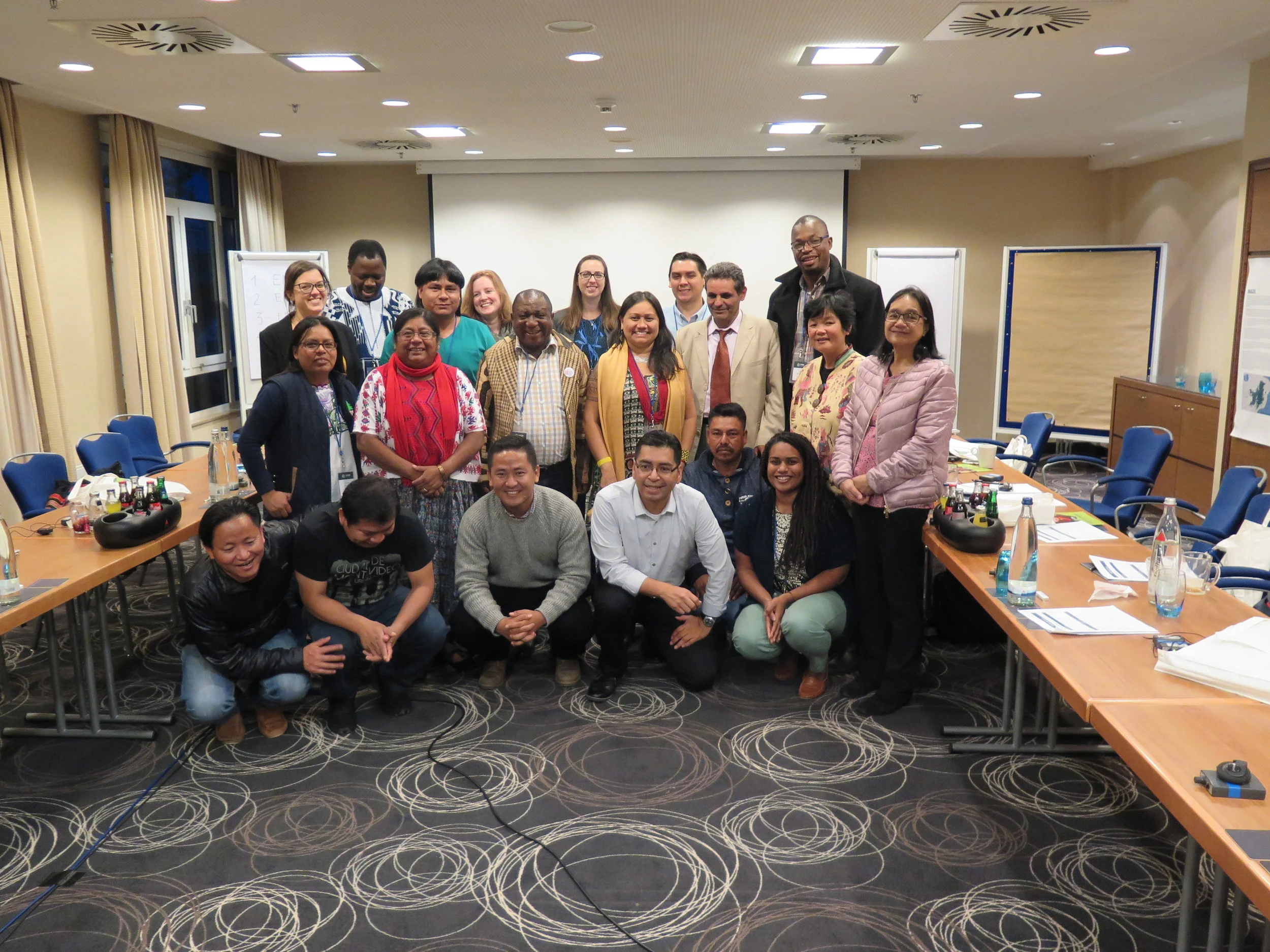

In the summer of 2018, Conservation International (CI) held a weeklong workshop on Indigenous negotiation training and exchange with partners in Laikipia County, Kenya. Read Part One here.